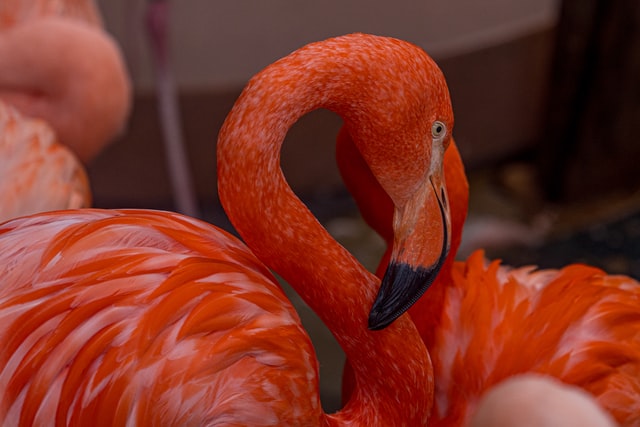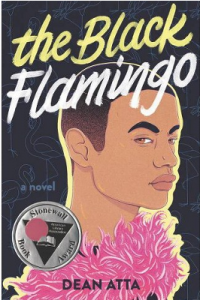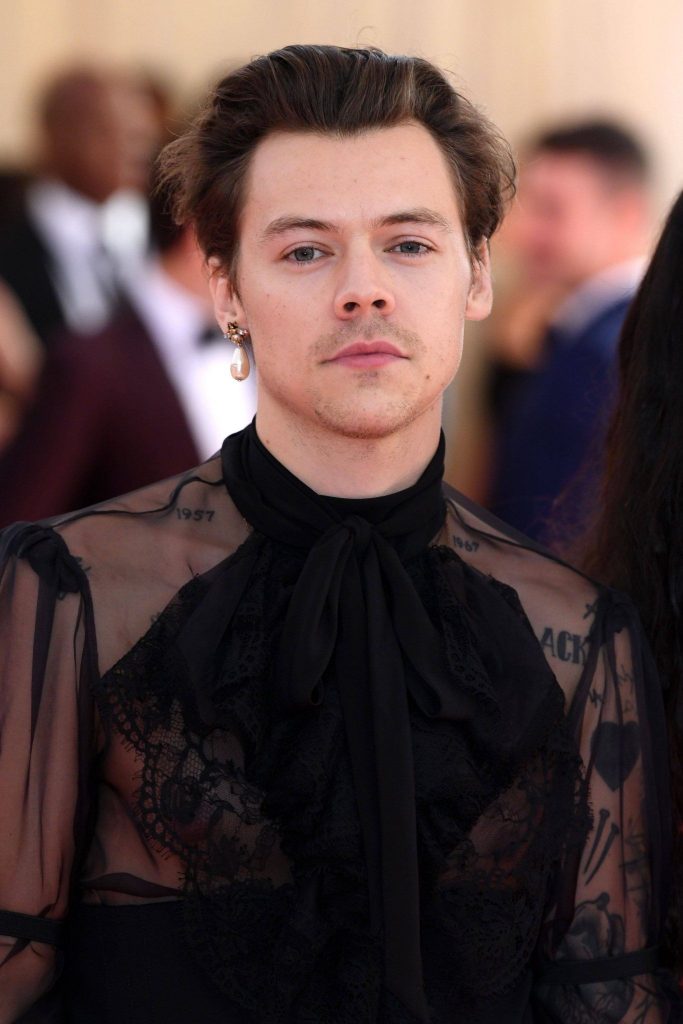A review of Dean Atta’s Young Adult Novel The Black Flamingo and its connection to the modern portrayal of self-identity.
by Jessica Klostermayer

I Want to Be a Pink Flamingo
Atta, p. 194
Pink. Definitely pink.
I want my feathers to match
the hue you imagine.
I want to blend in
David Attenborough would say,
“Here we see the most typical flamingo.”
Though I don’t want to be the most,
just typical.
This passage out of Dean Attas Novel is by far the most relatable to everybody because it describes a scenario every one of us has been through. A point in life where we don’t know who we are, so we try to be like others. With his work Dean Atta created a lovely story around finding one’s own identity and helping to establish and represent multiple sexual orientations within the literature, which can be applied and reflects our society.
The Black Flamingo
A Summary

The Back flamingo is a YA novel that tells of a half Jamaican, half Greek-Cyprian boy named Micheal, who likes to do girl-like things like playing barbies instead of playing football or doing masculine things. His otherness thrives on the toxic masculinity in his surroundings. Most likely, the fear of the otherness gets projected
at him. Throughout School/College, he has to learn where he belongs, making it even more difficult when you pretend to be a person who you aren’t.
About Dean Atta

Comparing the cover and certain pictures of Dean Atta, it becomes evident that there are many similarities between author and character.
Dean Atta is a British poet of greek Cypriot and Caribbean descent. He is one of the 100 most influential people when it comes to representing the LGBTQ Community—doing that through his writing and performing for more than ten years. Especially his poems, as those in the Black Flamingo, found significant impact in representing all kinds of identities and what they have to deal with within our society.
“I started writing about stuff I was seeing in the news, my own sexual identity and being mixed race.”
Finding One’s Flamingo
That Dean Atta’s work and those representing something different are still important and needed can also be seen in other fields besides Literature. One thing that immediately popped into my head as I saw the cover of The Black Flamingo was the resemblance of Harry’s styles outfit at the Grammy Awards 2021. A British artist also is known for his support of the LGBTQ community and his attempts to fight against toxic masculinity.

Although Harry Styles has not to face the problems of color and status, he finds ways to address other complex issues through his status. The Perfect example for his thrive against this toxic masculinity found its peak in November 2020, where he was photographed and put on the cover of Vogue in a blue dress. With that, he has faced with criticism. Especially this comment on Twitter from Candace Owens found broad resonance which states that men who wear dresses cannot be strong and “leaders”.
That debate comes along whether masculine and feminine behavior can be pinned to one specific gender or is constructed by society, as Judith Butler would suggest. In particular is that sometimes our community has to face that what we learned earlier on in our life isn’t fixed, and I think with The Black Flamingo Dean Atta contributes to that enlightenment lovingly.
References
- Isaac-Wilson, Stephen. “Dean Atta: Meet the IPhone Poet.” The Guardian, 22 Feb. 2018, www.theguardian.com/books/2012/jan/11/dean-atta-stephen-lawrence-poem.
- “Candace owens on.” Twitter, https://twitter.com/RealCandaceO/status/1327691891303976961. Accessed 9 Jan. 2022.
- “Vogue Magazine On.” Twitter, twitter.com/voguemagazine/status/1327359624803209228?ref_src=twsrc%5Etfw%7Ctwcamp%5Etweetembed&ref_url=notion%3A%2F%2Fwww.notion.so%2FThe-Black-Flamingo-is-threatened-by-extinction-in-these-modern-Timesf8eb5ede91454591aa5f951811ef3070. Accessed 9 Jan. 2022.
- Atta, Dean. The Black Flamingo. Balzer + Bray, 2021.
- Butler, Judith. “Performative acts and gender constitution: An essay in phenomenology and feminist theory.” Theatre journal 40.4 (1988): 519-531.
Images
- https://unsplash.com/photos/XAg8QK7wXJw
- http://www.yalsa.ala.org/thehub/wp-content/uploads/2020/07/black_flamingo-200×300.png
- https://3.bp.blogspot.com/-R8A4fo0FnvI/TiDUOkdE_TI/AAAAAAAAYE8/Va9TLfQ12c8/s1600/dean+atta.jpg
- https://i.pinimg.com/originals/37/91/8a/37918a155d32f38235952d0cd800b636.jpg


